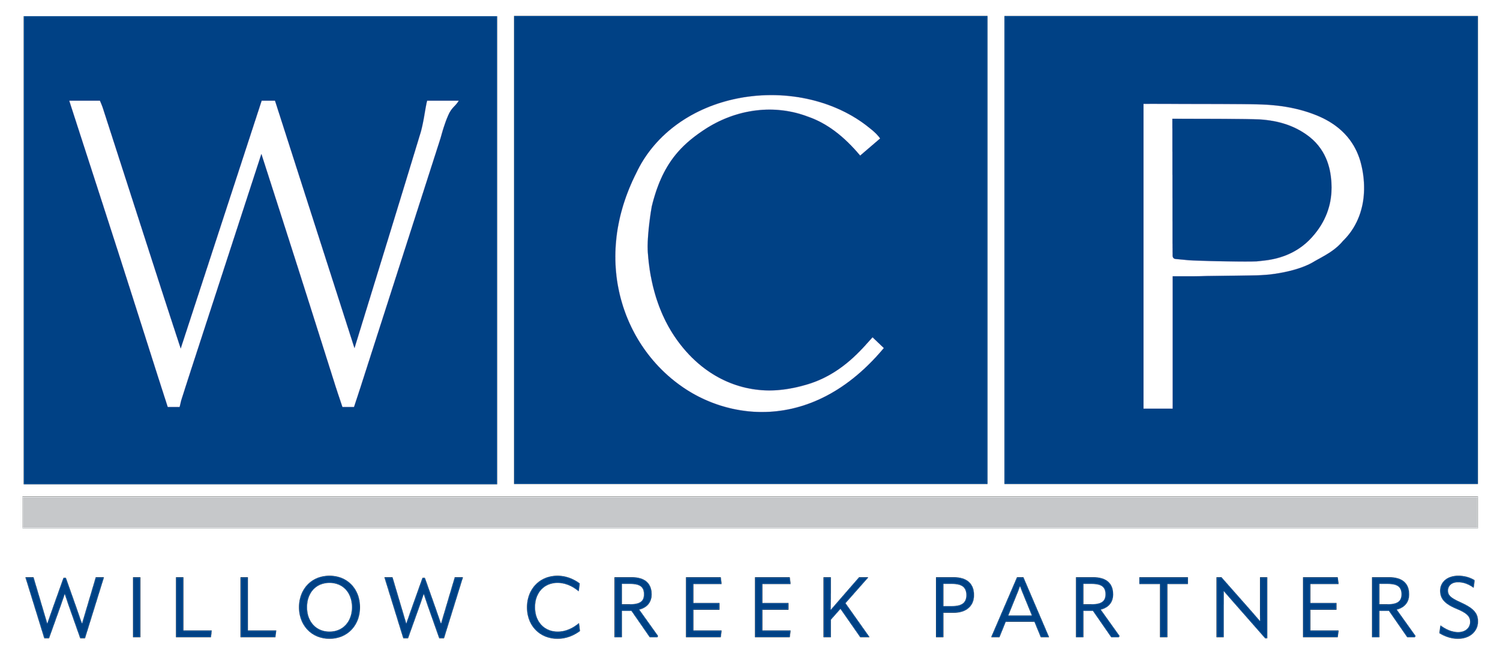Keep On Rollin’ My Old Buddy, You’re Movin’ Much Too Slow - PacWest Selling Real Estate Loans
Banks are looking for ways to save themselves. The process of selling loans to adjust the balance sheet is not a new one. Banks have traded loans between each other for ages and there has traditionally been enough volume to incent several intermediaries to set up whole loan trading desks. But as time has passed, banks are starting to get a bit more creative about who they are selling to. Some of this is about necessity and some of it is about opportunity, but private equity companies are using these market to set themselves up for both income and hedging potential should the underlying assets fall. It’s a fascinating strategy indicative of the times, but private lending and shadow banking is on the rise.
Pacific Western has been teetering on the edges a bank run for weeks. Their balance sheet is not upside down the way SVB was, but as we often see when people have the slightest fear of a bank run, the stock sells off dramatically and sometimes perception becomes reality.
In the case of SVB, Signature and First Republic, the loans were not sold off in time. SVB and Signature are undergoing this process in a postmortem largely controlled by the FDIC. FRB has JP Morgan deciding what to do with their loan book (might be dramatic, might be nothing), but PacWest is getting more proactive and it will be interesting to see if others follow this lead.
The stock traded up substantially on the news when it was announced, but the truth is, this sale makes the bank smaller and less profitable. If shrinking to survive is a solution that allows banks a higher multiple and investors some certainty, others will unquestionably follow.
But if that’s the case, what other types of loans might we see and at what price level? Banks are notoriously slow to price assets at a discount. But if this is truly a liquidity crisis and not a credit crisis, accelerating this type of activity would seem very appealing to someone whose loan book needs more than a slight adjustment.
What will this mean for the lending industry? Will markets feel as safe with non-bank lenders? Or will this just expand the number of options for borrowers? If so, will the increased competition for loan growth mean a lower cost of capital? Sounds like the best of a number of worlds, but at the same time, regulations exist for a reason. The most sophisticated investors could make a killing in this shift. The collateral damage will almost certainly come, but these developments are likely healthy in a developed economy.
In the meantime, private debt outperformed public debt by nearly 25% last year as an asset class. Investors are going to want more of that as the stability of the private debt market stood out in an otherwise rough year for markets.
Source: Marketwatch, Pitchbook
